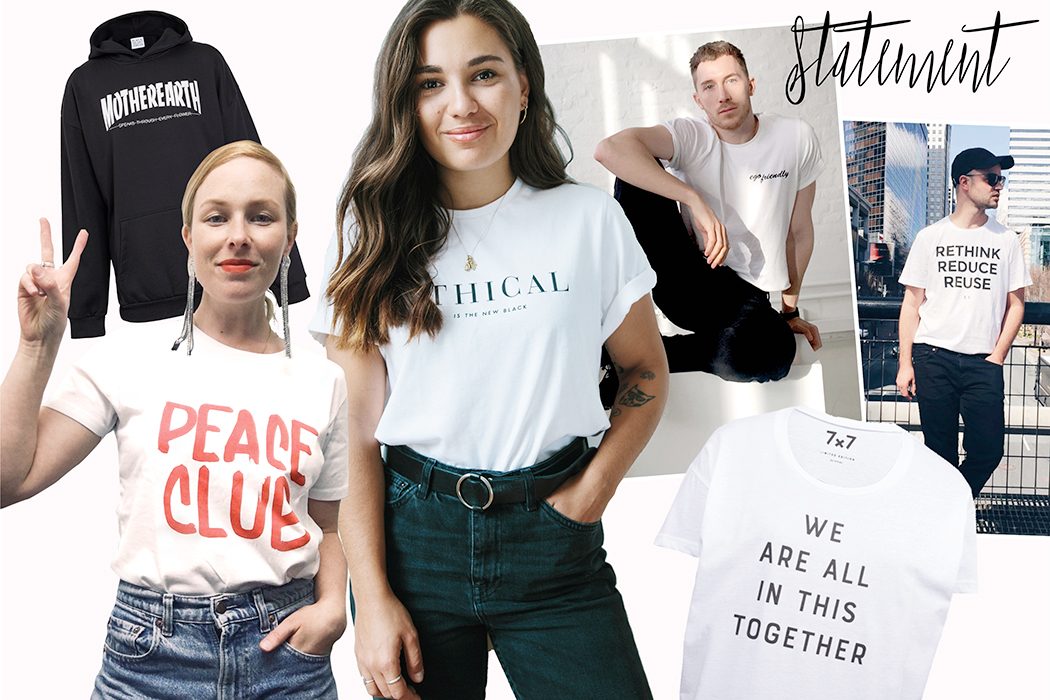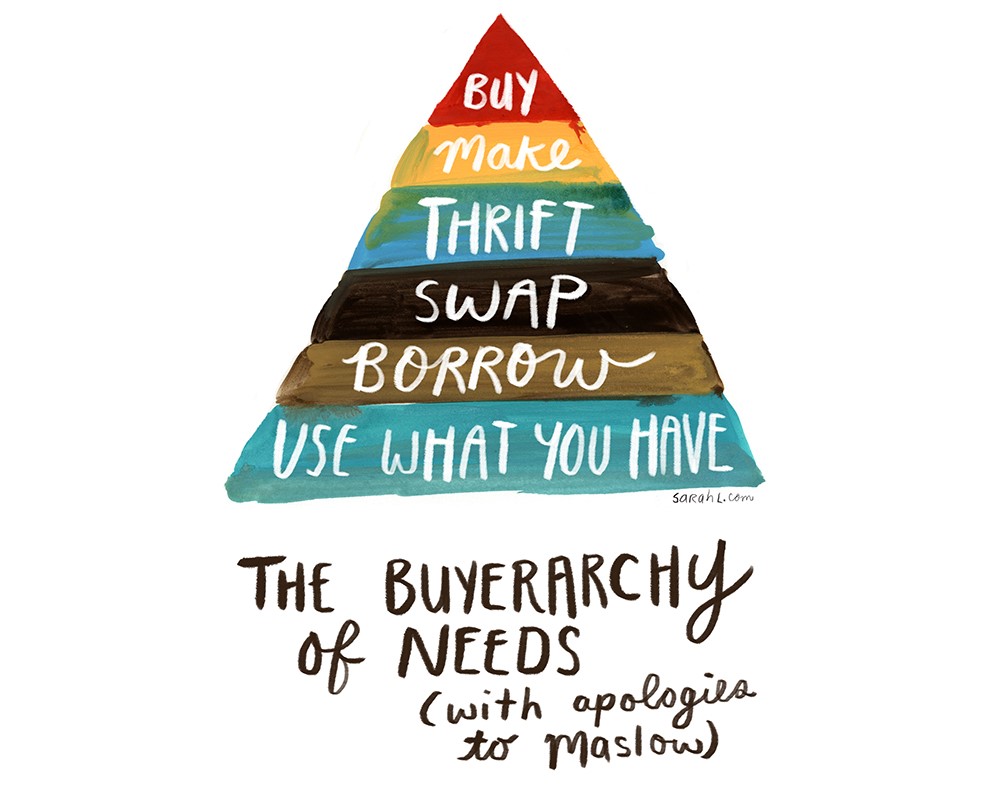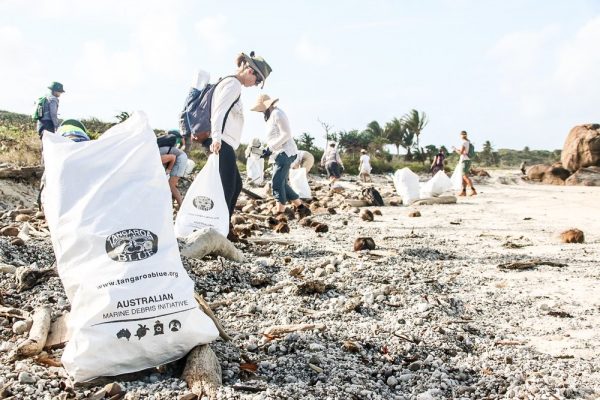This year’s Earth Overshoot Day was August 1st.
Earth Overshoot Day marks the date when we have exhausted nature’s budget for the year. Meaning for the rest of the year we’re in an ecological deficit consuming resources the planet can’t spare.
But unless you’re a bush dwelling nudist living solely off the land, you’re going to consume.
We need to change the way we choose the things we buy, just as we have changed the way we choose the food we consume.

The shift towards eating real food almost had it easy in terms of change – we intrinsically know that we get out of our bodies what we put in, and putting in good stuff is simply better for you. We can see the difference it makes.
It’s not so easy when it comes to things.
We often aren’t told where our purchases are made, whether the material has been sustainably sourced, what conditions the people who made it work in, what happens in the environment when we wash or dispose of it.
But being informed is the first step to making better choices.
Choices become habits and habits become behaviour. Changing our behaviour and the way we think about what we consume are the first things we can do to minimise harm to the world we live in.
Want to make a change but not sure where to start?
1. Consult the ‘Buyerachy of needs’

Image via Sarah Lazarovic
- Shop your wardrobe, you might be pleasantly surprised to discover some much loved pieces lurking in the back
- Stop treating clothing as disposable and learn to take care of what you have
- Only buy something new to replace something that can no longer be worn or to fill a gap in your wardrobe
- Invest in quality and pieces you’ll wear all the time or for a long time
2. Check the label
Look for ethical fashion certifications which indicate the clothing has been made under fair and safe working conditions. We have a comprehensive guide here.
3. BUY AND SELL SECOND HAND
-
- Sell your unwanted clothes at markets or Ebay and use the money you make to buy “new” pre-loved clothing
- Learn to op-shop like a pro and bag some amazing bargains
- Check out luxury and designer consignment sites for designer goods at a fraction of the original price
4. GO NATURAL
Polyester, rayon, nylon acrylic are all man made fibres that are chemical intensive and pollute the environment.
When synthetic clothing ends up in landfill (and they almost always do) they take up to 50 years to decompose. Instead look for clothes made from natural fibres such as organic cotton, silk, jute, hemp, wool, flax, linen or sisal.
They wear better, are more breathable, easier to care for and much better for the environment.
5. LOOK FOR COMPANIES THAT GIVE BACK
Like charities, the primary purpose of a social enterprise is to make improvements in human and environmental well-being. Unlike charities, a social enterprise does not rely on donations to keep them running.
Most social enterprises look and operate just like a traditional for-profit businesses. The key difference is, the social entrepreneurs behind these businesses provide financial, educational or community support using the profits from the sale of their products.


